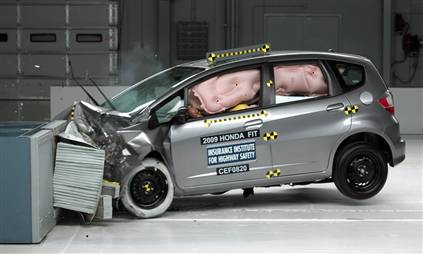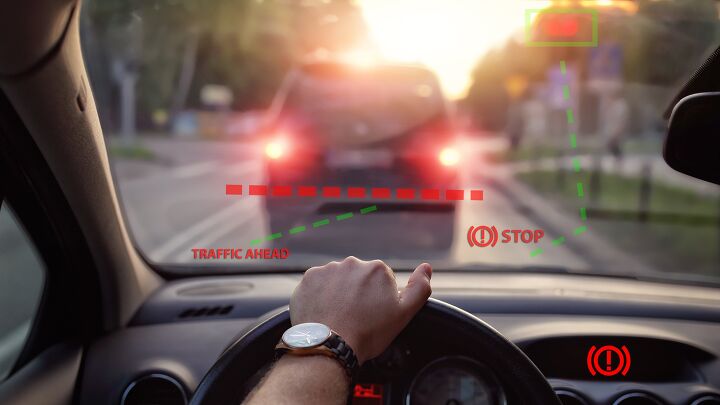
Advanced driver assistance features are sometimes annoying and can even be frightening in some vehicles, but research has shown that the systems actually do help prevent collisions. AAA recently published the results of its recent study, which found that new vehicles equipped with automatic emergency braking (AEB) avoided 100 percent of collisions at speeds up to 35 mph.

The study found that 2024 model-year vehicles were almost twice as likely to avoid a collision as models from 2017 and 2018, demonstrating the progress automakers have made with the technology over the years. While the older systems performed well at low speeds, their effectiveness decreased as the testing speeds increased.
Automatic emergency braking relies on cameras and sensors to detect when the vehicle is approaching an obstacle. The technology can assist the driver by automatically applying the brake to avoid or lessen the impact of a collision.

Despite the advances in AEB technologies, AAA warns drivers not to become too reliant on the features. The organization also advises drivers to understand the limitations of AEB systems, saying that they can’t overcome drivers engaging in risky behavior such as alcohol use, distracted driving, and speeding.
AEB and other technologies aren’t yet required in new vehicles, but the day is coming. Earlier this year, the NHTSA announced changes to the Federal Motor Vehicle Safety Standards (FMVSS) in late 2029, which will make AEB mandatory in new passenger vehicles.
[Images: IIHS, Shutterstock]
Become a TTAC insider. Get the latest news, features, TTAC takes, and everything else that gets to the truth about cars first by subscribing to our newsletter.
Source: The Truth About Cars

